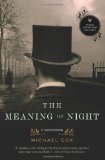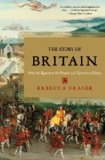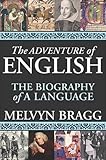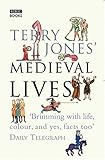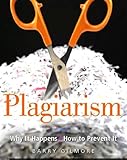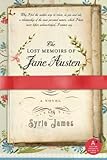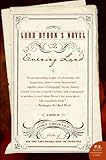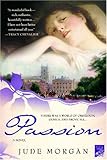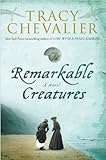 The story of the writing of Michael Cox’s The Meaning of Night is an interesting one. Diagnosed with a rare cancer, Cox began to lose his sight. He had begun the novel in the 1970’s, but cancer gave Cox a new sense of urgency. He finished the book, which in my paperback version stretches to nearly 700 pages.
The story of the writing of Michael Cox’s The Meaning of Night is an interesting one. Diagnosed with a rare cancer, Cox began to lose his sight. He had begun the novel in the 1970’s, but cancer gave Cox a new sense of urgency. He finished the book, which in my paperback version stretches to nearly 700 pages.
The Meaning of Night is the story of Edward Glyver’s quest for revenge against Phoebus Daunt, who robbed him not only of his Eton education, but all he holds most dear. The book begins memorably as Glyver kills an innocent man to be sure that he will have the resolve to murder Phoebus Daunt when he has the opportunity: “After killing the red-haired man, I took myself off to Quinn’s for an oyster supper.” Following his account of killing this stranger, Glyver tells the story of his childhood, including his expulsion from Eton, his employment with Christopher Tredgold, and his infatuation with the beautiful Miss Emily Carteret, the daughter of the 25th Baron Tansor’s first cousin and employee, Paul Carteret. Glyver uncovers the truth of his parentage and reveals his motive for wanting to kill Phoebus Daunt.
I read this book at the recommendation of my husband, and while I enjoyed parts of it, I had some major problems with it. First, I could find no characters to like. I didn’t feel much sympathy for Edward Glyver. He’s unlikeable in the extreme. He values the wrong things in life, and he spends his days in dissolution, feeling sorry for himself. He was indeed treated unfairly, but he certainly meted out the same sort of treatment to other undeserving and innocent parties. Another issue I had with the book was its length. The story moves at a slow pace, and I found it difficult to plow through the beginning of the book, particularly as Edward Glyver had given me no reason to be interested in or care about what happened to him. I am not sure what should have been cut, but I hate investing so much time in a book this long for so little reward. The story turns on coincidence, which normally I don’t mind and have actually used in my own writing, but for some reason in this novel it bothered me. It seems Alastair Sooke and I are in agreement on our reviews. What Cox does very well in this book is capture a sort of seedy underbelly of Victorian society and the sharp divisions between classes.
Cox succumbed to cancer on March 31, 2009 after finishing The Glass of Time, a companion to The Meaning of Night.
Rating:





This book is my eighth book for the Typically British Challenge, bringing me to the highest level of the challenge: Cream Crackered. Looks like I have finished this one.
